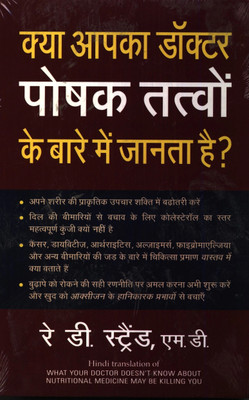
Against the Grain (English, Paperback, Scott James C.)
Share
Against the Grain (English, Paperback, Scott James C.)
Be the first to Review this product
₹2,189
₹2,963
26% off
Coupons for you
T&C
Available offers
T&C
T&C
T&C
T&C
Delivery
Check
Enter pincode
Delivery by5 Dec, Friday
?
View Details
Highlights
- Language: English
- Binding: Paperback
- Publisher: Yale University Press
- Genre: History
- ISBN: 9780300240214, 9780300240214
- Pages: 336
Seller
Description
An account of all the new and surprising evidence now available that contradicts the standard narrative for the beginnings of the earliest civilizations An Economist Best History Book 2017 "Scott is one of those rare academics whose writing is a thing of beauty."-Rana Dasgupta, The Week "Scott hits the nail squarely on the head by exposing the staggering price our ancestors paid for civilization and political order."-Walter Scheidel, Financial Times Why did humans abandon hunting and gathering for sedentary communities dependent on livestock and cereal grains, and governed by precursors of today's states? Most people believe that plant and animal domestication allowed humans, finally, to settle down and form agricultural villages, towns, and states, which made possible civilization, law, public order, and a presumably secure way of living. But archaeological and historical evidence challenges this narrative. The first agrarian states, says James C. Scott, were born of accumulations of domestications: first fire, then plants, livestock, subjects of the state, captives, and finally women in the patriarchal family-all of which can be viewed as a way of gaining control over reproduction. Scott explores why we avoided sedentism and plow agriculture, the advantages of mobile subsistence, the unforeseeable disease epidemics arising from crowding plants, animals, and grain, and why all early states are based on millets and cereal grains and unfree labor. He also discusses the "barbarians" who long evaded state control, as a way of understanding continuing tension between states and nonsubject peoples.
Read More
Specifications
Book Details
| Imprint |
|
Dimensions
| Width |
|
| Height |
|
| Length |
|
| Weight |
|
Be the first to ask about this product
Safe and Secure Payments.Easy returns.100% Authentic products.
Back to top












